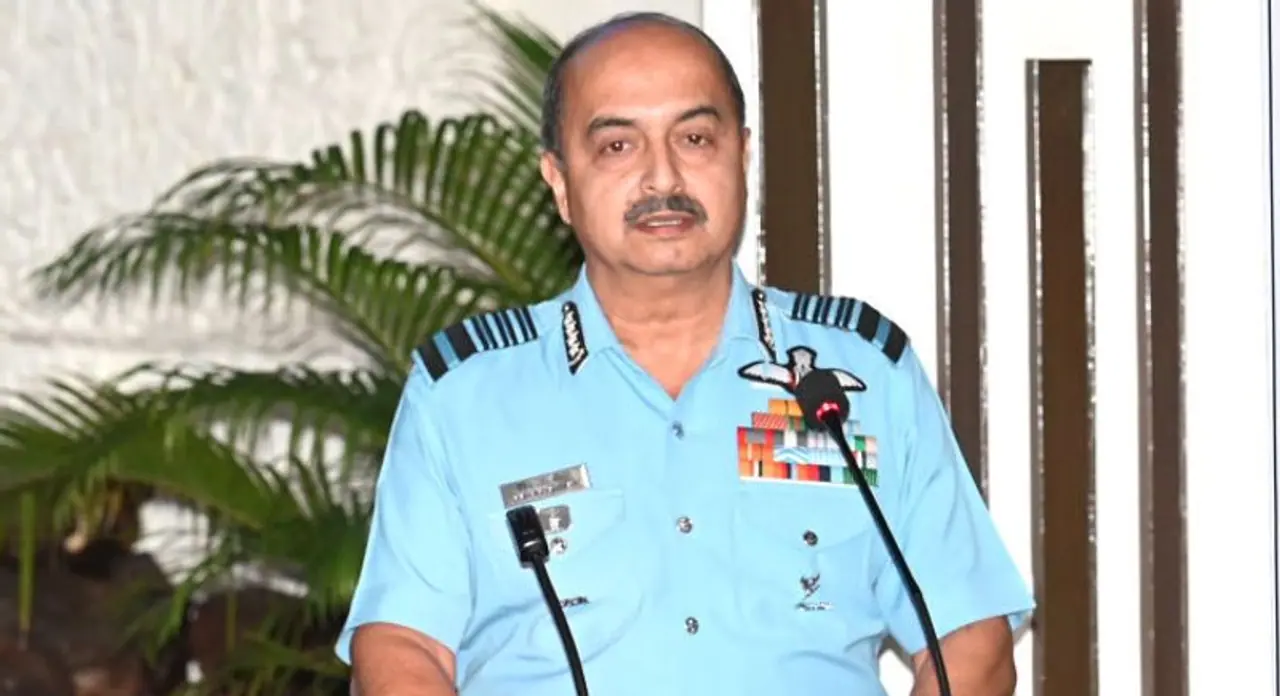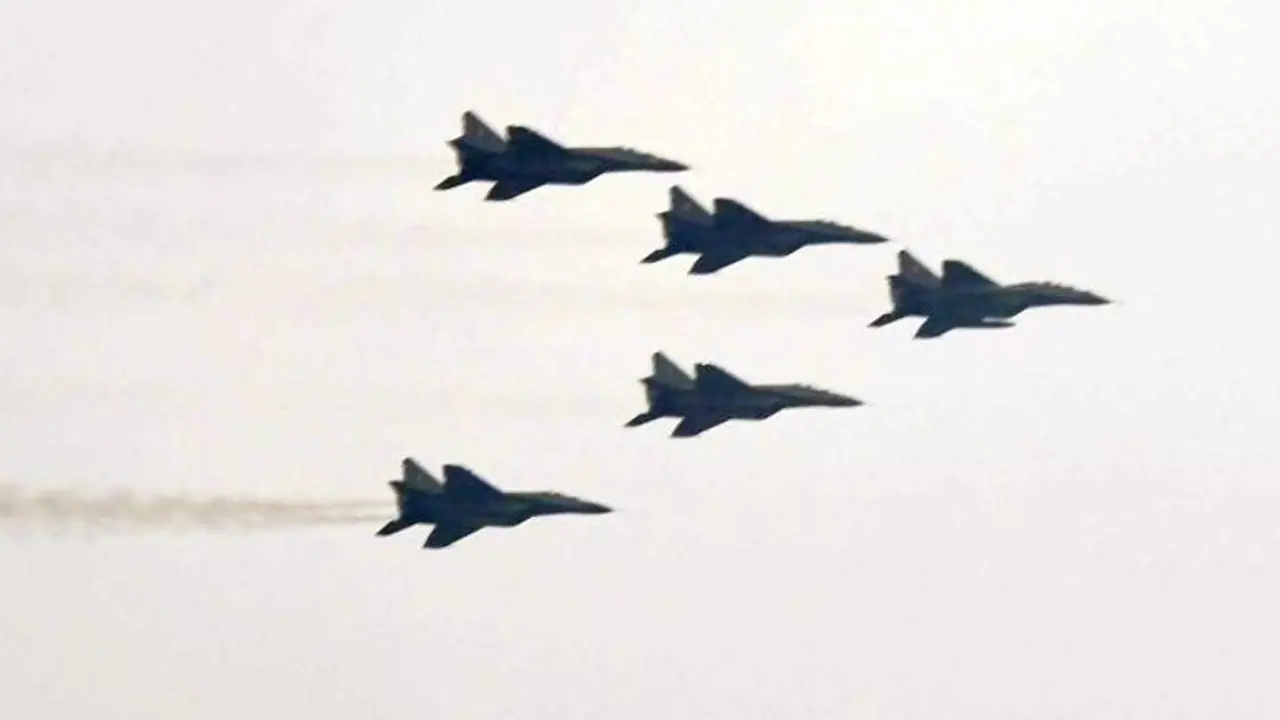"The foremost lesson that can be drawn from the twentieth century and indeed the early twenty-first century is that no war can be successfully prosecuted without aerospace power," Indian Air Force chief ACM VR Chaudhari said.
Stating that the future battlespace will be increasingly complex and characterised by heavy dependence on technology, asymmetric nature of threats, increased fog and friction, enhanced lethality, and compressed sensor to shooter cycles, the Indian Air Force chief ACM VR Chaudhari on Tuesday vouched for developing counters with better multispectral sensors across domains, simplify the complex by use of modern computing and technologies.

ACM Chaudhari was speaking at a seminar organised by the Centre for Air Power Studies (CAPS) on 'Aerospace Power: Pivot to Future Battlespace Operations'.
Air Chief Marshal VR Chaudhary said: "India's security concerns necessitate that it puts in place adequate military power that has the ability to achieve deterrence, ensure information dominance, coerce when needed and provide multiple response options. Attributes of aerospace power enable the leadership to formulate an appropriate strategy with due cognizance given to the desired end state, conflict termination criteria and escalation matrix."
During his speech, the IAF chief stressed on the primacy of Air Power and stated: "The foremost lesson that can be drawn from the twentieth century and indeed the early twenty-first century is that no war can be successfully prosecuted without aerospace power."
Talking about conventional warfare, he said that the traditional battlefield has long left the lexicon of modern strategists and what is increasingly being used is battlespace in the land, sea, air, cyber and space domains.

He further added that aerospace control and dominance will become a crucial factor in future battlespace operations.
"To be able to control the airspace across domains will prove vital in the future and in order to achieve that, we must harness technology. Technology like CMOS (complementary metal oxide semiconductors) sensors, AI-enabled decision support matrix, manned unmanned teaming, redundant C2 structures, cyber space dominance and next generation fighter aircraft will prove to be a deciding factor when fighting tomorrow's wars."
Battlespace transparency, enhanced rapid mobility and pinpoint precision capability will be the key to success and our capability development plans must address these issues.
The IAF chief also said: "To see first and see clearly, to reach first and reach farthest and to strike first and strike with precision will be the mantra for fighting modern wars."
He also talked about the Balakote air strike and said: "… Such operations have also demonstrated that given the political will, aerospace power can be effectively used in a no war, no peace scenario, under a nuclear overhang without escalating into a full-blown conflict."
"… It is very important given the nature of our adversaries. The response options available to the leadership have suddenly increased and increasingly, air power has become an option of choice due to inherent flexibility and unmatched precision strike capability," he said.
